You have not been feeling well for a long time. You notice your heart starts racing non-stop when you feel nervous. You find yourself occupied by sadness, and it does not seem to get better. You think you’re struggling with your mental health. To figure out what is going on, you type in some keywords on your preferred search engine, hoping to find a cure. When hundreds of pages of search results show up on your screen, you don’t know where to start. It’s overwhelming asking how do I identify trustworthy mental health articles online?
That was my experience when I dealt with depression in college. The pain of going through mountains of information online, on top of my issues made me more anxious. Throughout my clinical experience as a mental health professional, I have seen clients misinformed by incomplete and inaccurate information online. Finding trustworthy information online is a challenge regardless of the topic. However, it’s even more critical when it comes to mental health issues. In this article, I will provide a guide to help you with how to identify trustworthy psychology and mental health articles online.
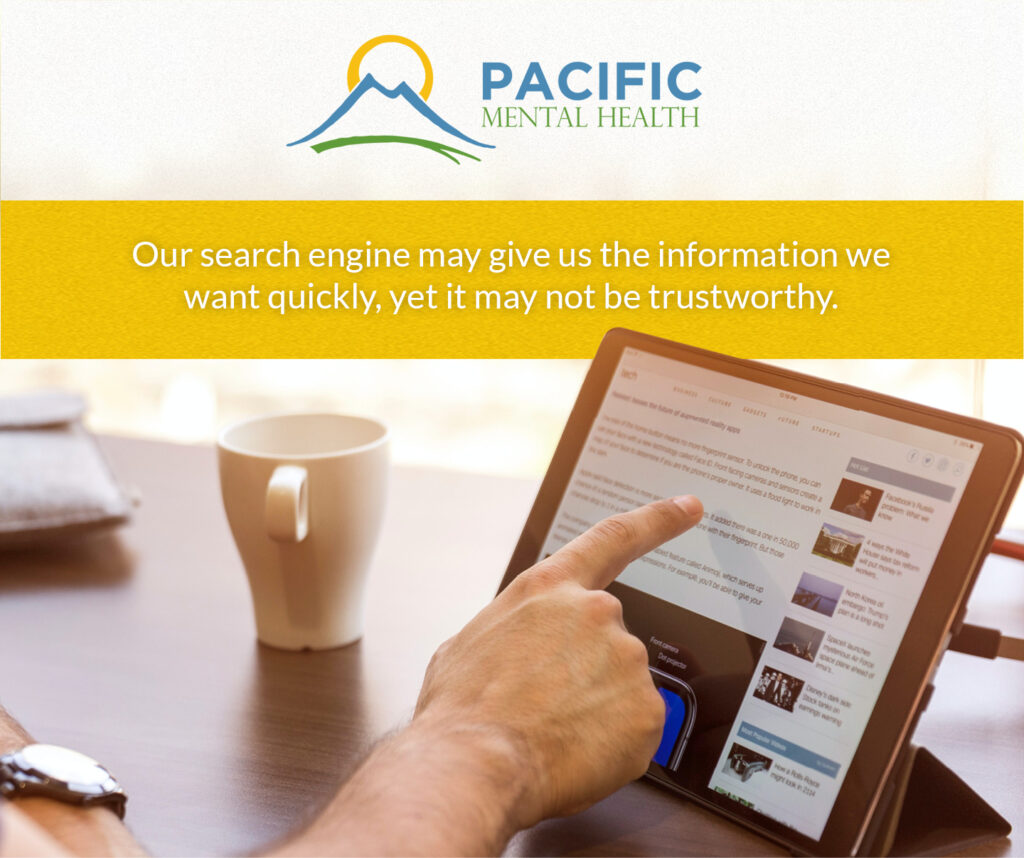
Before we get started, we need to understand that psychology, unlike most math, is not always an exact science. There might be multiple answers to a single issue or challenge. On one hand, treating psychological information with curiosity allows you to find personalized solutions. On the other hand, it would be precarious to only use psychological information found online for your mental health rigidly. How do I identify trustworthy mental health articles online? Look for credible sources and citations, and discuss topics with professionals.
Look for Credible Sources and Citations
Sarah complains in the session about her controlling husband. She insists that he has a narcissistic personality disorder. When asked about how she concluded, she showed me a website ran by a psychic who claims to have a background in psychology. However, the knowledge shared with Sarah regarding NPD was inaccurate and misleading.
Our search engine may give us the information we want quickly, yet it may not be trustworthy. Articles which appear at the top of the list of suggestions are based on keywords which are used in the article. They don’t necessarily mean that the article is from a credible source. Before reading psychology articles, look for sources where the author cites what they write about. Do not trust articles written by non-professionals, without professional psychology training, who provide no references or citations in their articles.
Once you see references in a mental article online, check the author’s credibility. Research journals with peer-reviewed articles provide trustworthy information. These articles undergo evaluations by professionals in a similar field to ensure their quality. If the references are from non-peer-reviewed ones, look at the authors’ credentials. Professionals usually provide more quality information than non-professionals.
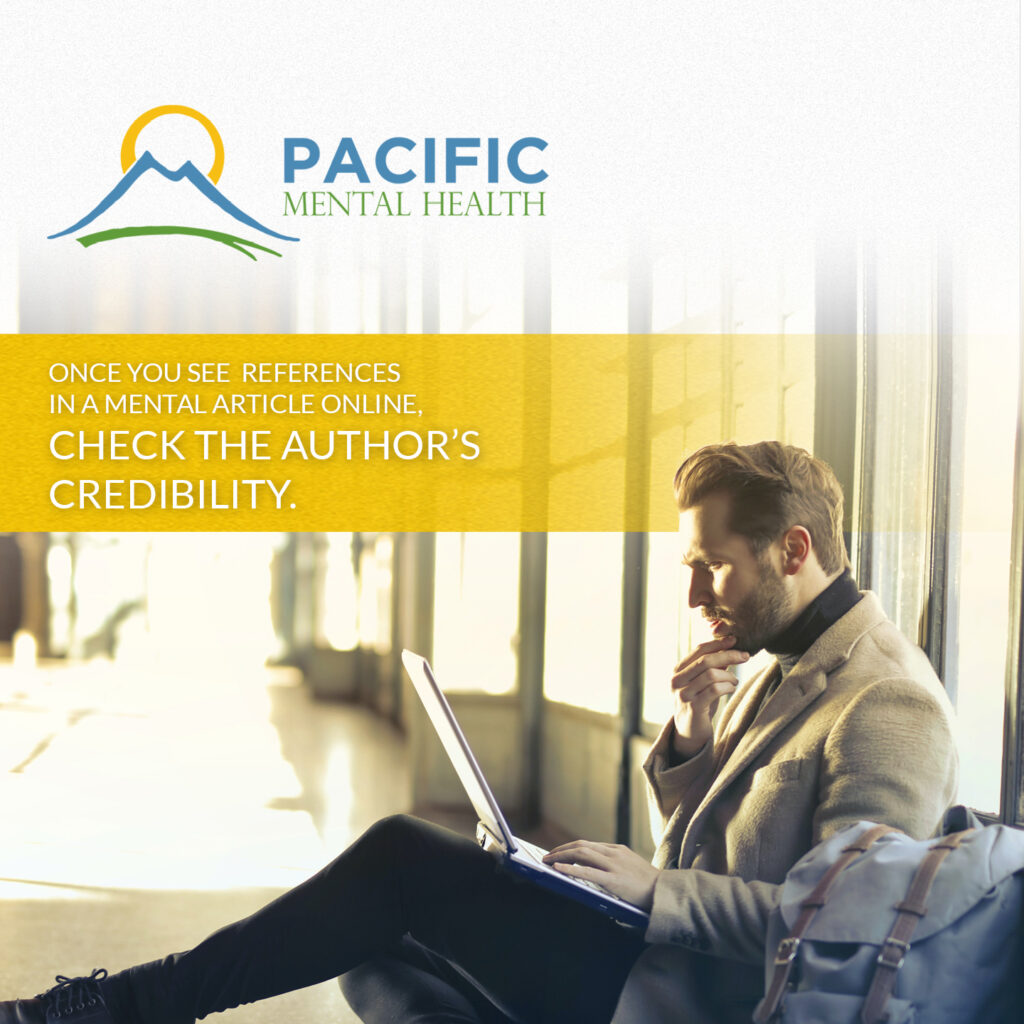
Discuss topics with Professionals
You found something on your preferred media which seems to answer your questions. However, you are not sure whether it is safe to trust it.
A trained, trusted mental health professional can give you a complete view, and context of the subject matter you want to understand better. Psychological disorders and mental health issues are complex, and can not be diagnosed or self-diagnosed. Too often, click bait 10 question, multiple choice mental health quizzes and untrained, unfiltered opinions fill internet search results. It requires more than an antidote, story, or personal experience of an internet stranger to understand complex mental health issues.
Information you find may provide a general guidelines or understanding for mental health topics. It may inspire hope. Ideally, trustworthy information and articles from an internet search about it will inspire you to seek support from a mental health professional. However, it does not take your personal needs, medical and personal history into account. When it comes to psychological treatment, a personalized, professionally managed mental health plan provides a more effective outcome.
No time in history has provided information as easily accessible as it is to acquire today. However, when it comes to clinical subjects that directly impact our health, and mental health, the verification process of the information found online should be done carefully.
Looking for credible sources and citations in online articles is a good start to understanding your mental health issues and challenges. Discussing the information you find online with trained professionals allows you to explore more solutions to your issues.
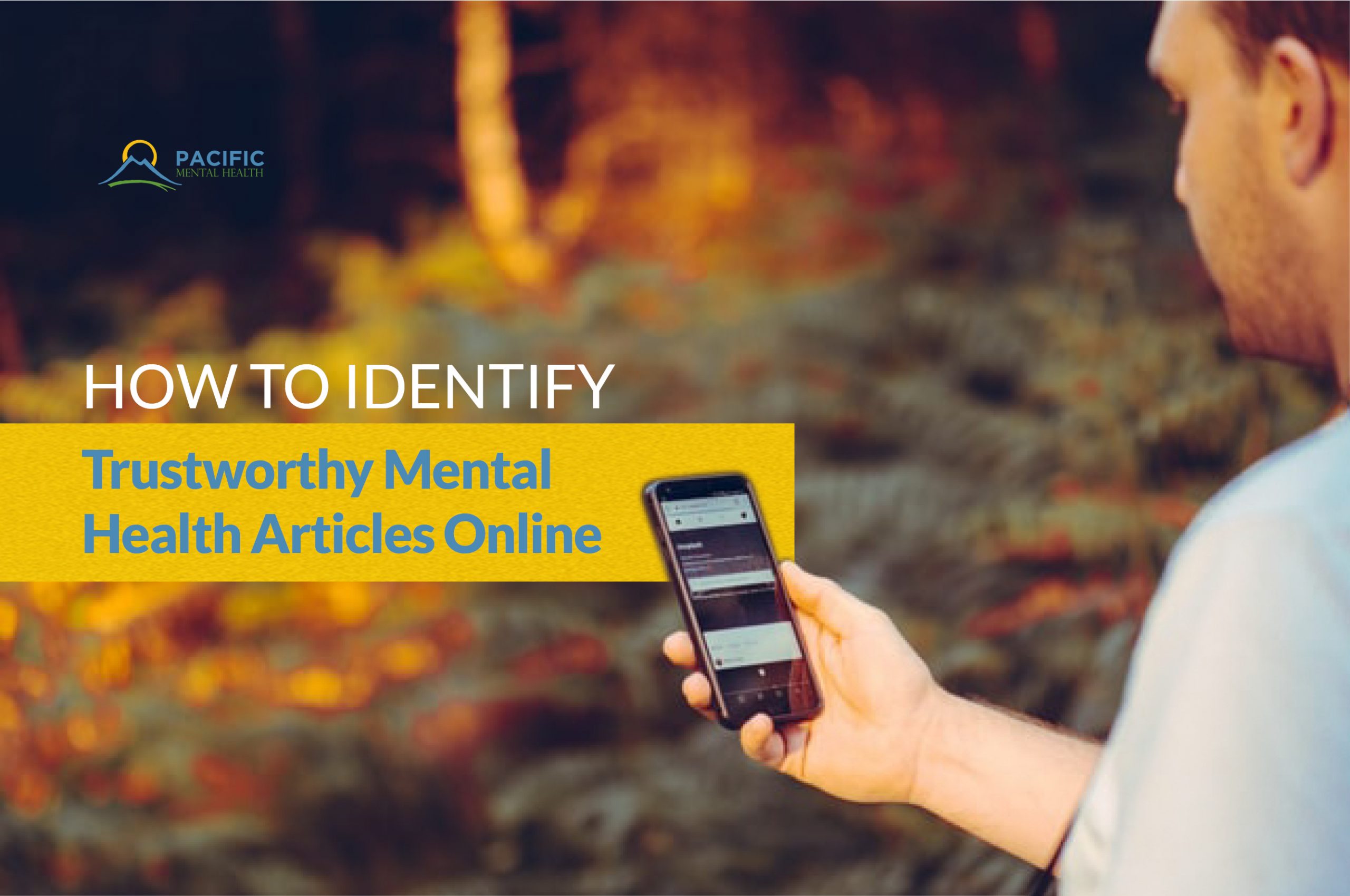
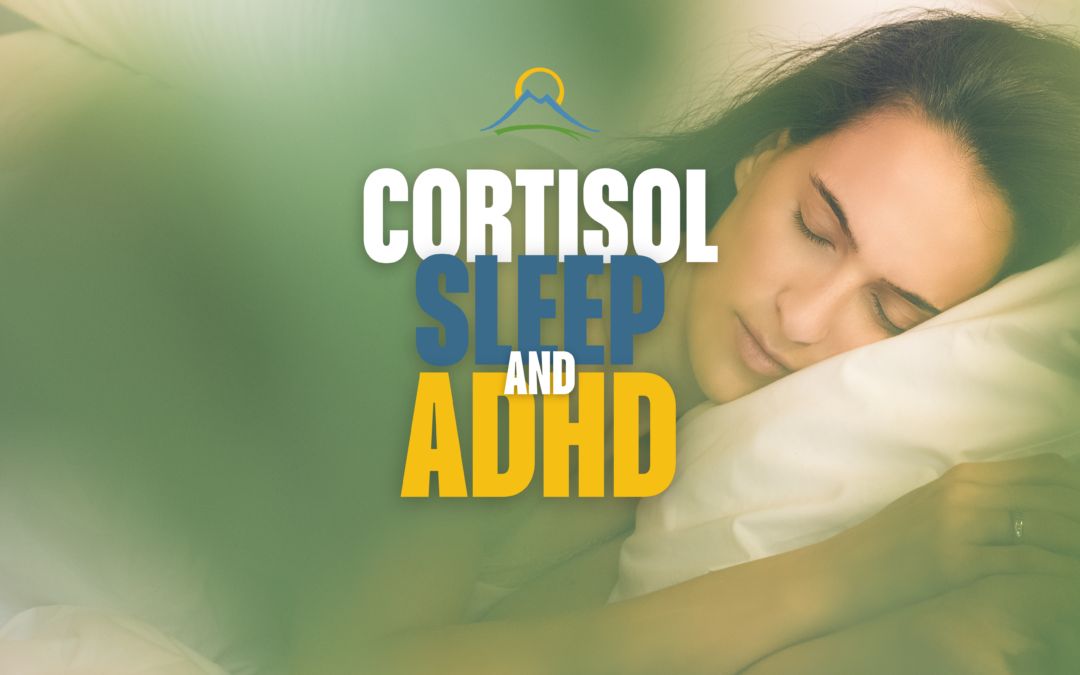
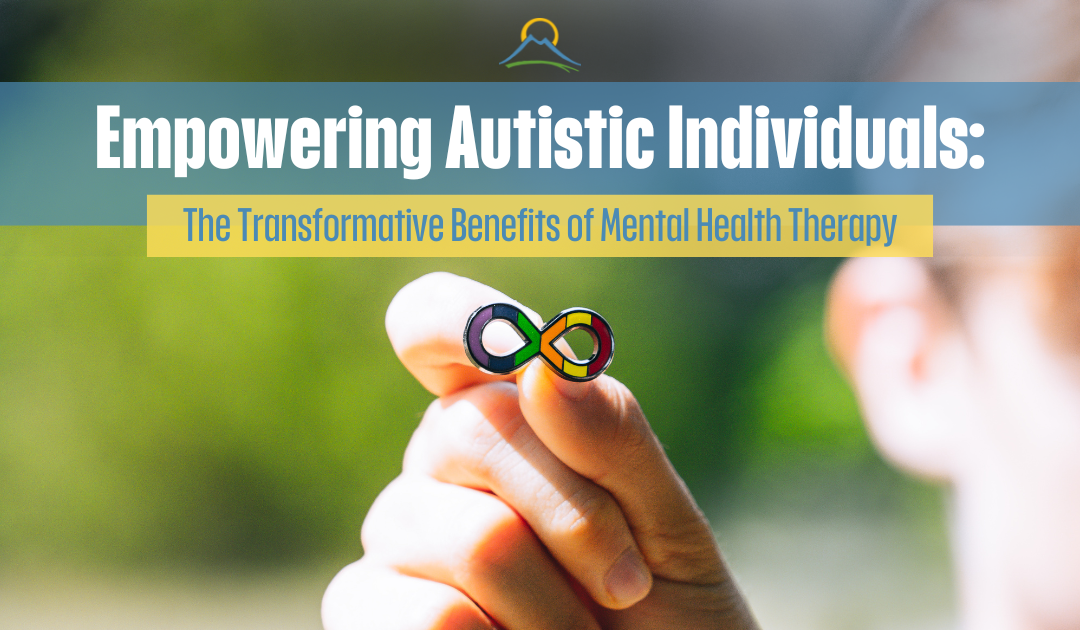


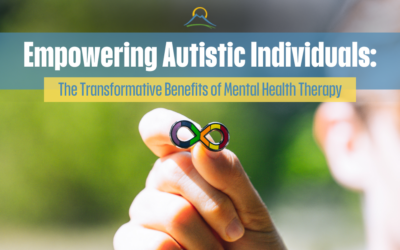
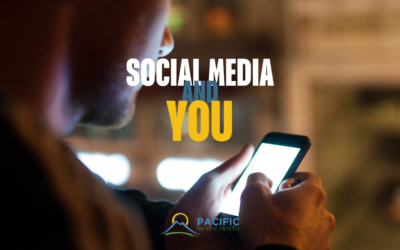
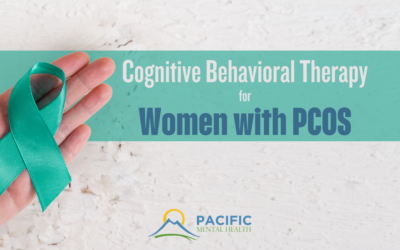
0 Comments